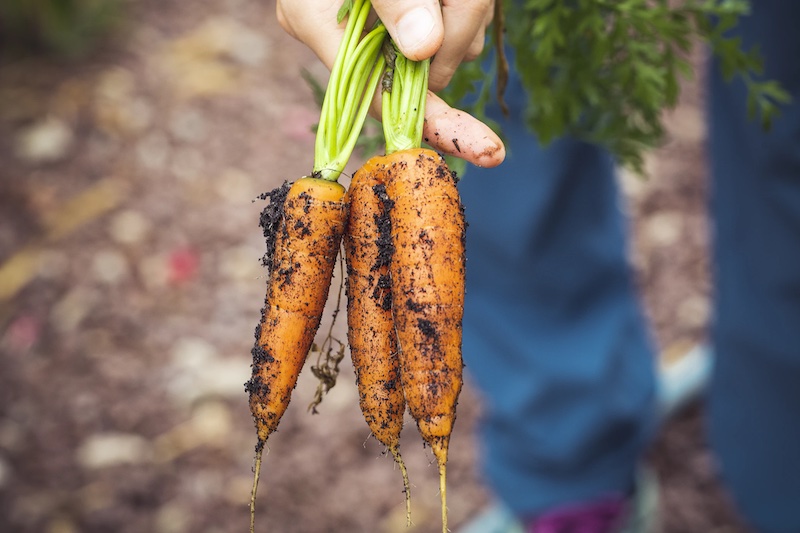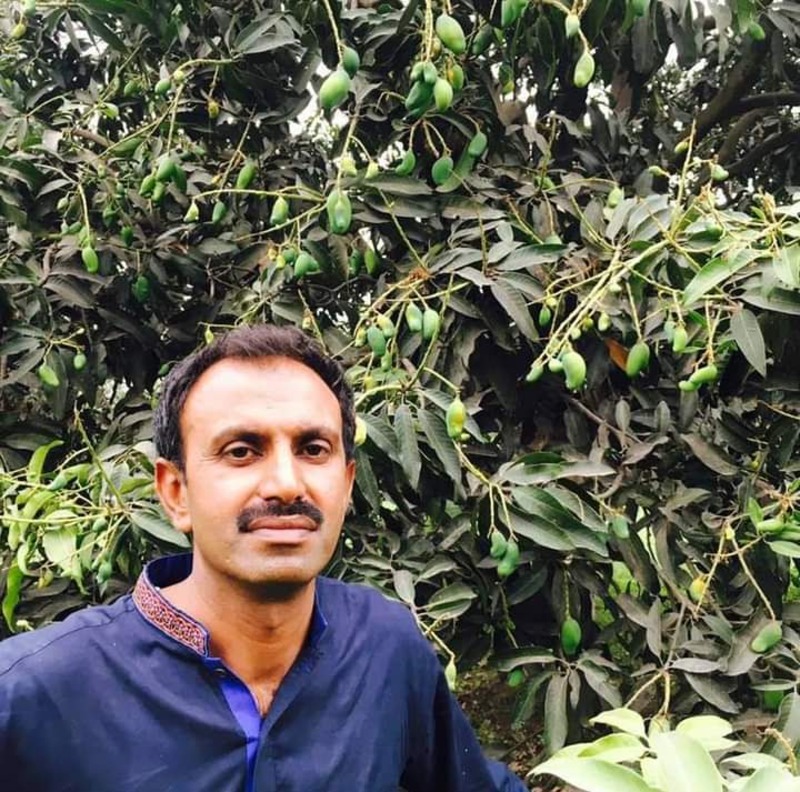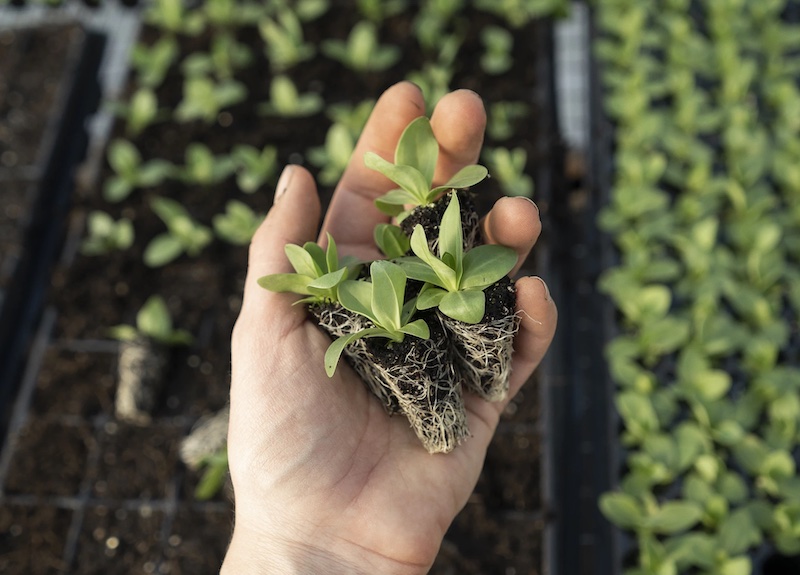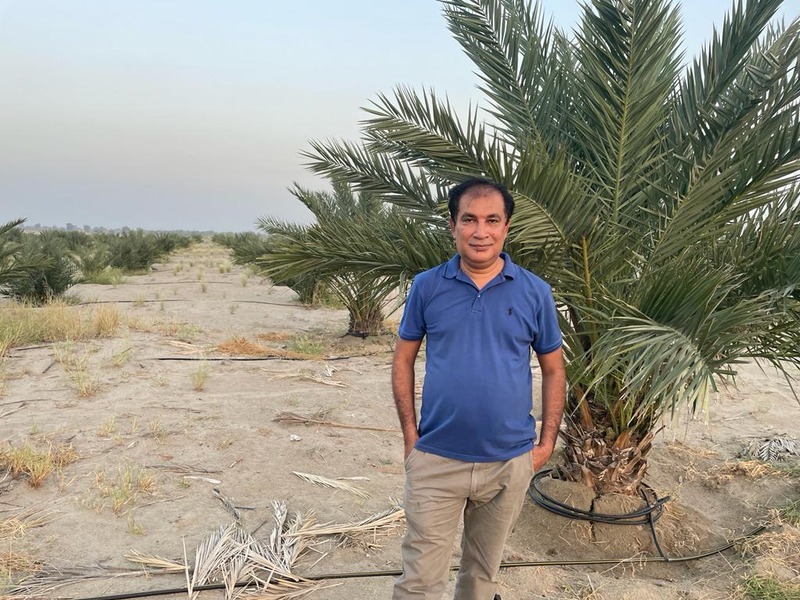 Organic Farming
Organic Farming
Organic farming yields gains in India and Pakistan
Eco-friendly agricultural system- organic farming- is gaining popularity in both India and Pakistan. Muhammad Irtaza, Nischal Sanghavi, George Kallivayalil and Javed Iqbal report.
Shahid Hameed Bhutta, who owns a 25-acre organic mango orchard and nursery in the Muzaffargarh district of Pakistan’s Punjab province, said people like his mangoes for two reasons: Their unique taste and lack of chemicals.
 Shahid Hameed Bhutta, an organic mango grower from Pakistan, uses natural methods like green fertilizer and neem extract to grow his mangoes without chemicals.(Photo by Muhammad Irtaza)
Shahid Hameed Bhutta, an organic mango grower from Pakistan, uses natural methods like green fertilizer and neem extract to grow his mangoes without chemicals.(Photo by Muhammad Irtaza)
“Instead we let the grass grow under the sun which helps earthworms grow underneath. This earthworm produces worm castings which provide nitrogen and phosphorus to the soil. When we water the orchard, these castings dissolve and work as natural fertilizer to turn the land fertile,” he said.
Besides this, Bhutta uses green fertilizer made of crushed fodder and grass. In cases of a pest attack, he sprays a natural pesticide made of neem extract and tobacco water to repel the attack. He claimed these organic methods offered a good control of pests and delivered numerous benefits to him.
“People want to eat healthy, pesticide-free and tasty mango,” he said. “At times the demand goes so high that we fail to fulfill the orders.”
Organic farming, an eco-friendly agricultural method that prohibits the use of man-made chemicals, growth regulators, livestock feed additives and harmful pesticides in agricultural practices, is gaining popularity in both India and Pakistan.
Currently, certified organic agriculture accounts for 70 million hectares (170 million acres) globally, with over half of that total in Australia. When it comes to adopting organic farming practices on either side of the border, Indian farmers appear to be clearly leading the path.
The state of Sikkim has become fully organic while Madhya Pradesh tops the list of Indian states practicing organic farming with 0.76 million ha of area under organic cultivation. So far, two per cent of the 140.1 million ha net sown area in India has become organically farmed.
The International Federation of Organic Agriculture Movements (IFOAM) points out that the area under certified organic farming in Pakistan constitutes just 0.1 per cent of total organic farms in the world. However, a report of Pakistan Research Agriculture Council discloses that the number of farmers engaged in organic production is doubling every year, giving a good hope for the future of organic farming in the country.
 Image Credit: Unsplash
Image Credit: Unsplash
Ramesh Rupareliya, an organic wheat farmer from India’s Gujarat state, uses manure from his cows instead of commercial fertilizer to help his wheat crop grow. He prepares the natural fertilizer by mixing cow dung and urine with buttermilk, jaggery and leaves.
“Since I use cow-derived products, I save Rs 2,500 per bigha on urea, ammonia and some other readymade products,” he said.
Organic wheat also sells for higher prices.
Shedding light on the nutritional specifications and health benefits of organic produce, Prof. Dr. Abdulrauf Farooqi, a Ph.D. in agronomy from Colorado State University and current Chairman of Environmental Science Department at Allama Iqbal Open University in Islamabad, says organic-farmed products are more healthy and nutrient dense for the consumer.
"Organic food tends to have in it significantly higher levels of all 21 nutrients analyzed compared with conventional produce including vitamin C (27% more), Mg (29% more), Fe (21% more) and 14% more phosphorus,” Farooqi said.
As countries progress, more and more people who are highly educated and qualified are taking to organic farming as a full time profession or hobby, bringing a substantial change in net agriculture earnings scenario.
One example is Dr. Rashid Qureshi, an ophthalmologist by profession and a progressive agrarian by choice. His 500-acre Al-Qasim Farm in the Dera Khan district in the Punjab province of Pakistan is an oasis.
 Dr. Rashid Qureshi, an ophthalmologist and organic farmer, grows fruit and vegetables in a dry area in the Dera Khan district of Pakistan’s Punjab province. He uses crop rotation, green manure and compost, biological pest control and mechanical cultivation instead of chemical herbicide and pesticide. (Photo by Muhammad Irtaza)
Dr. Rashid Qureshi, an ophthalmologist and organic farmer, grows fruit and vegetables in a dry area in the Dera Khan district of Pakistan’s Punjab province. He uses crop rotation, green manure and compost, biological pest control and mechanical cultivation instead of chemical herbicide and pesticide. (Photo by Muhammad Irtaza)
“We started from scratch in a desert area where subsoil water level is very low and we had sand dunes everywhere. But today you can see organic tomatoes, cucumbers, vegetables, olives, dates, citrus, grapefruit, pomegranates and grape wines all around you,” said Dr. Qureshi.
Giving details of the farming methods, Dr. Qureshi said, “We use such techniques to produce crops which don’t harm the natural ecosystem. We don’t use any synthetic or artificial chemicals like fertilizers, pesticides, herbicides, plant growth regulators or genetically modified organisms instead we use methods like crop rotation, green manures and compost, biological pest control, and mechanical cultivation at our farm.”
Explaining the crop rotation and green manures, he said that some crops like annual ryegrass, oats, rapeseed, winter wheat and winter rye as well as buckwheat were sown specifically to be incorporated into the soil while still green.
“We incorporate the biomass of this green manure with a plow or disk into the soil to add organic matter to the soil for giving it nutrients.” He disclosed that his farm also had a big outlet in Dera Ghazi Khan city to market value-added organic items from his farm.
Citing a report published by the European Parliament, titled “Human Health Implications of Organic Food and Organic Agriculture”, Dr. Qureshi said that organic food offers multiple health benefits to the consumers.
“Being a medical doctor I meet with dozens of people every day who are facing serious health problems caused by poor, contaminated or toxic food. I developed the idea of starting an organic agricultural farm to produce healthy pesticide-free food items after coming across health-related cases caused by toxic foods,” he added.
The above-mentioned study, while pinpointing the health benefits of eating organically produced foods, says that they may include reduced occurrence of adult obesity and type-2 diabetes, reduced incidence of cardiovascular and other diseases, improvement in cognitive development, reduced prevalence of adolescent allergies, reduced vuln
erability to heavy metal cadmium, commonly found in artificial fertilizers and reduced risk of antibiotic resistance.
(About the authors: Muhammad Irtaza is deputy editor for the Daily Business News in Lahore, Pakistan; Nischal Sanghavi is a correspondent for the Ahmedabad Mirror in Ahmedabad, India; George Kallivayalil is associate editor and chief of bureau for the Deepika Daily in New Delhi, India; and Javed Iqbal is a reporter/news editor with the Pakistan Broadcasting Corporation in Islamabad, Pakistan. This report is part of a week-long cross-border reporting workshop held in Kathmandu, Nepal, organised by the US based East-West Center.)
Support Our Journalism
We cannot do without you.. your contribution supports unbiased journalism
IBNS is not driven by any ism- not wokeism, not racism, not skewed secularism, not hyper right-wing or left liberal ideals, nor by any hardline religious beliefs or hyper nationalism. We want to serve you good old objective news, as they are. We do not judge or preach. We let people decide for themselves. We only try to present factual and well-sourced news.







